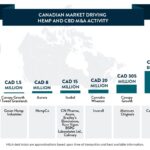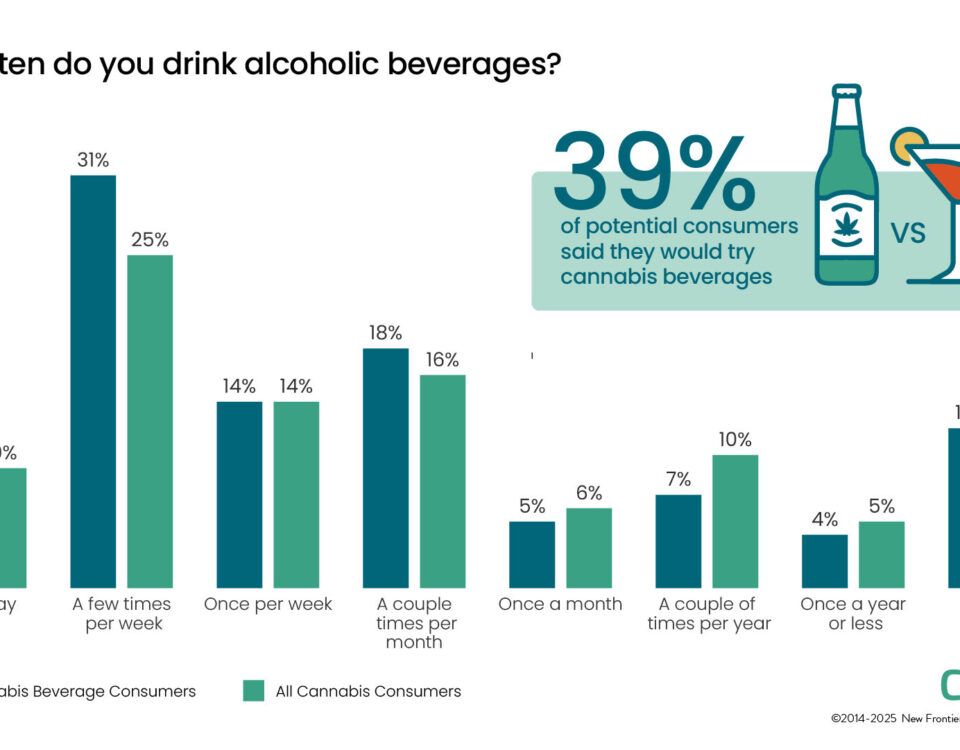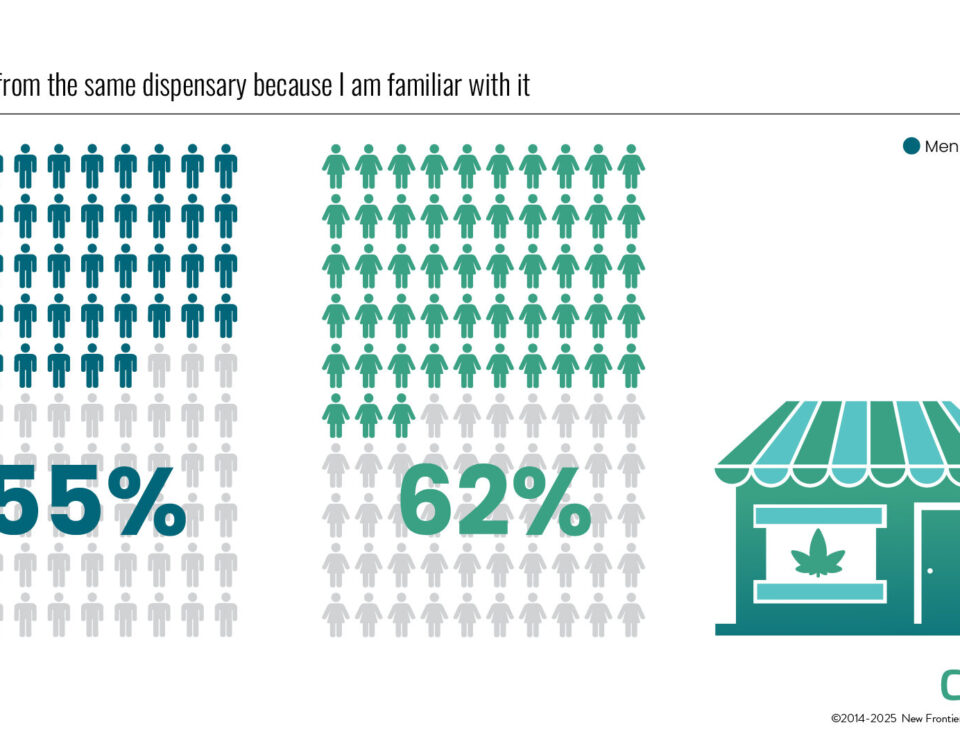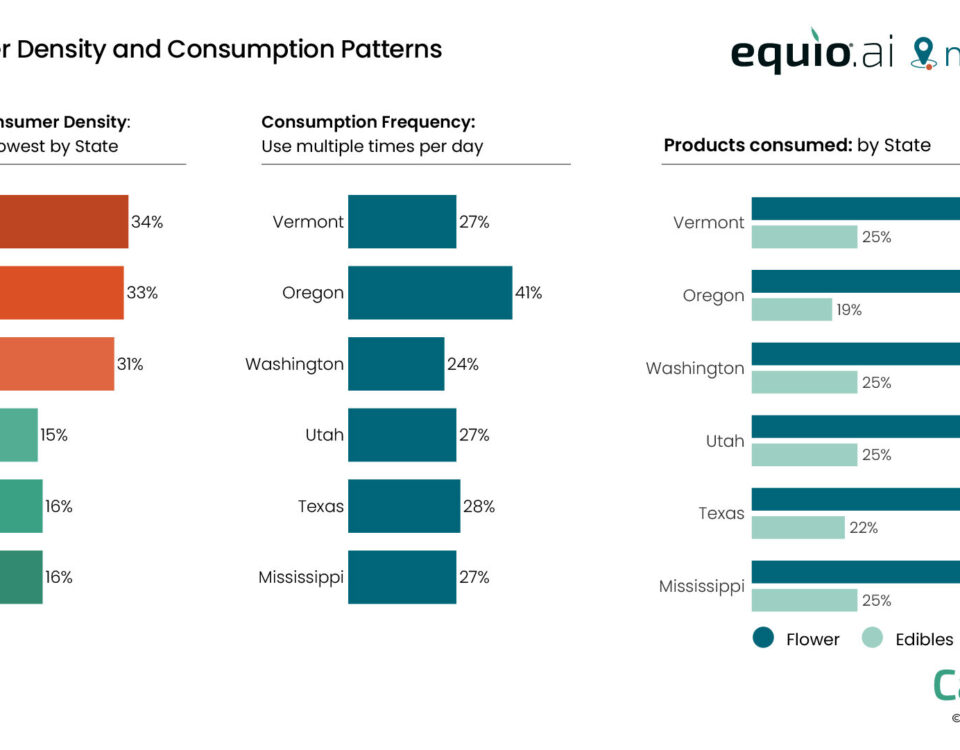CBD Offers Both Opportunities and Obstacles Yet to Be Determined

Canadian Market Driving Hemp and CBE M&A Activity
August 5, 2018
Only 40% Projected to Leave Black Market by 2020
August 9, 2018By J.J. McCoy, Senior Managing Editor for New Frontier Data
As California works out the kinks in its new if long-anticipated adult-use market, and Canada prepares to roll out its nationwide industry in October, the overall cannabis industry in North America is already a multi-billion-dollar enterprise. Yet growth opportunities abound, and activity at the ground and state levels demonstrates how the market is maturing even amid some seeds of uncertainty from the federal level.
Of particularly emerging prominence is the development and diversity of hemp-based CBD products made from high-CBD, low-THC hemp. With the pending 2018 Farm Bill under consideration by Congress this month, legalization is currently inconsistent nationwide but has the backing of Senate Majority Leader Mitch McConnell (R-Ky.).
Yet, perhaps of greater significance to investors is that on June 25, the FDA approved London-based GW Pharmaceuticals’ Epidiolex. The drug contains CBD as its active ingredient and used to treat two forms of epilepsy, Lennox-Gastaut syndrome and Dravet syndrome, in patients ages 2 years and older. As some welcome it as a victory for medical cannabis, it may yet prove to further muddy the question of legality for CBD. Per the Federal Food, Drug and Cosmetic Act, the FDA considers any product for human consumption containing the active ingredient of an FDA-approved pharmaceutical drug as “adulterated and misbranded,” thus possibly representing a loophole for Big Pharma to take over the CBD market — and medical cannabis at large — nationwide. GW Pharmaceuticals reportedly holds about 100 patents around the medical efficacy of cannabis from CBD extraction processes, to placebos, to dispensing mechanisms, and a range of cannabinoid-based drug formulas to treat dozens of conditions and illnesses.
Meanwhile, the U.S. market has taken a largely build (versus buy) approach with cultivators and marijuana-derived CBD companies seeking to do it themselves rather than acquire hemp-derived CBD companies –which likely have less access to capital, confined state markets with variable rules on hemp, and a more uncertain national regulatory environment.
In Canada, as New Frontier Data’s recently acquired Hemp Business Journal predicted in its State of Hemp 2015report, the CBD market is booming under Justin Trudeau’s cannabis-friendly leadership. M&A activity has been concentrated among Canadian public companies (trading on the TSX, CSE and/or OTC) doing investment and acquisition deals with hemp companies. Overall, access to capital and a better regulatory environment in Canada have played into the stimulated investor activity. Three of the largest Canadian LPs, Canopy Growth, Aphria, and Aurora, have all made hemp-related deals in the past year, and demonstrate how hemp and cannabis markets can successfully mingle.
Just last week, Aurora Cannabis Inc. obtained a third Health Canada dealer’s license to facilitate its domestic and international transport for global distribution. The new license allows Aurora to produce, assemble, and sell cannabis oils and future novel, derivative products from its Aurora Mountain facility in Alberta, which the company welcomed to bolster its supply chain across Canadaand around the world.

J.J. McCoy
J.J. McCoy is Senior Managing Editor for New Frontier Data. A former staff writer for The Washington Post, he is a career journalist having covered emerging technologies among industries including aviation, satellites, transportation, law enforcement, the Smart Grid and professional sports. He has reported from the White House, the U.S. Senate, three continents and counting.




